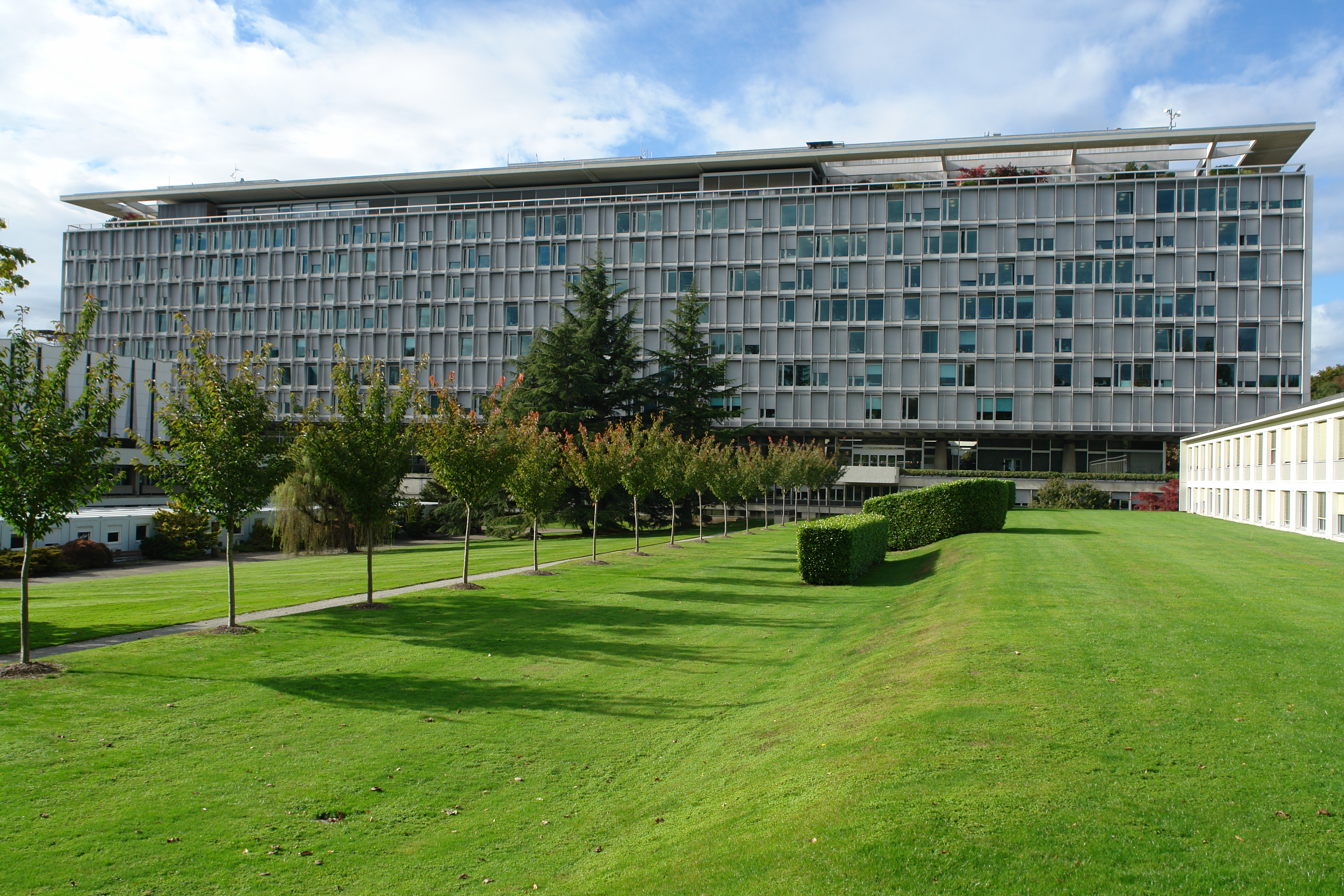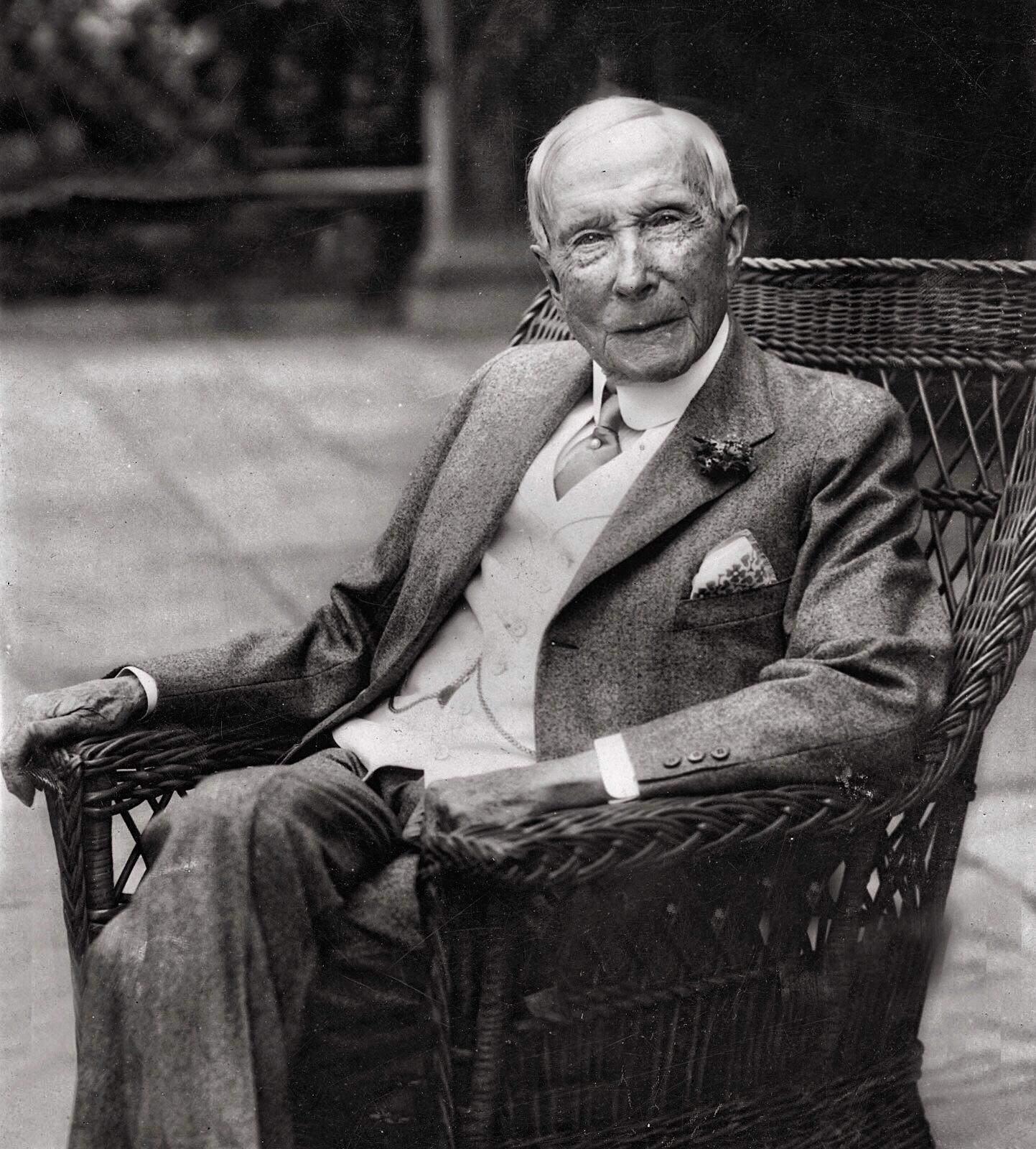|
Alma Ata Declaration
Declaration of Alma-Ata was adopted at the International Conference on Primary Health Care (PHC), Almaty (formerly Alma-Ata), Kazakh Soviet Socialist Republic (present day Kazakhstan), Soviet Union 6–12 September 1978.WHODeclaration from the website of the World Health Organization It expressed the need for urgent action by all governments, all health and development workers, and the world community to protect and promote the health of all people. It was the first international declaration underlining the importance of primary health care. The primary health care approach has since then been accepted by member countries of the World Health Organization (WHO) as the key to achieving the goal of "Health For All", but only in developing countries at first. This applied to all other countries five years later. The Alma-Ata Declaration of 1978 emerged as a major milestone of the twentieth century in the field of public health, and it identified primary health care as the key to the attai ... [...More Info...] [...Related Items...] OR: [Wikipedia] [Google] [Baidu] |
Primary Health Care
Primary health care, or PHC, refers to "essential health care" that is based on scientifically sound and socially acceptable methods and technology. This makes universal health care accessible to all individuals and families in a community. PHC initiatives allow for the full participation of community members in implementation and decision making. Services are provided at a cost that the community and the country can afford at every stage of their development in the spirit of self-reliance and self-determination.World Health OrganizationDeclaration of Alma-Ata.Adopted at the International Conference on Primary Health Care, Alma-Ata, USSR, 6–12 September 1978. In other words, PHC is an approach to health beyond the traditional health care system that focuses on health equity-producing social policy. PHC includes all areas that play a role in health, such as access to health services, environment and lifestyle. Thus, primary healthcare and public health measures, taken together, ma ... [...More Info...] [...Related Items...] OR: [Wikipedia] [Google] [Baidu] |
Health System
Health, according to the World Health Organization, is "a state of complete physical, mental and social well-being and not merely the absence of disease and infirmity".World Health Organization. (2006)''Constitution of the World Health Organization''– ''Basic Documents'', Forty-fifth edition, Supplement, October 2006. A variety of definitions have been used for different purposes over time. Health can be promoted by encouraging healthful activities, such as regular physical exercise and adequate sleep, and by reducing or avoiding unhealthful activities or situations, such as smoking or excessive stress. Some factors affecting health are due to individual choices, such as whether to engage in a high-risk behavior, while others are due to structural causes, such as whether the society is arranged in a way that makes it easier or harder for people to get necessary healthcare services. Still, other factors are beyond both individual and group choices, such as genetic disorders. ... [...More Info...] [...Related Items...] OR: [Wikipedia] [Google] [Baidu] |
Primary Health Care
Primary health care, or PHC, refers to "essential health care" that is based on scientifically sound and socially acceptable methods and technology. This makes universal health care accessible to all individuals and families in a community. PHC initiatives allow for the full participation of community members in implementation and decision making. Services are provided at a cost that the community and the country can afford at every stage of their development in the spirit of self-reliance and self-determination.World Health OrganizationDeclaration of Alma-Ata.Adopted at the International Conference on Primary Health Care, Alma-Ata, USSR, 6–12 September 1978. In other words, PHC is an approach to health beyond the traditional health care system that focuses on health equity-producing social policy. PHC includes all areas that play a role in health, such as access to health services, environment and lifestyle. Thus, primary healthcare and public health measures, taken together, ma ... [...More Info...] [...Related Items...] OR: [Wikipedia] [Google] [Baidu] |
Millennium Development Goals
The Millennium Development Goals (MDGs) were eight international development goals for the year 2015 that had been established following the Millennium Summit of the United Nations in 2000, following the adoption of the United Nations Millennium Declaration. These were based on the OECD DAC International Development Goals agreed by Development Ministers in the "Shaping the 21st Century Strategy". The Sustainable Development Goals (SDGs) succeeded the MDGs in 2016. All 191 United Nations member states, and at least 22 international organizations, committed to help achieve the following Millennium Development Goals by 2015: # To eradicate extreme poverty and hunger # To achieve universal primary education # To promote gender equality and empower women # To reduce child mortality # To improve maternal health # To combat HIV/AIDS, malaria, and other diseases # To ensure environmental sustainability # To develop a global partnership for development Each goal had specific targets, a ... [...More Info...] [...Related Items...] OR: [Wikipedia] [Google] [Baidu] |
Health Policy
Health policy can be defined as the "decisions, plans, and actions that are undertaken to achieve specific healthcare goals within a society".World Health Organization''Health Policy'' accessed 22 March 2011(Web archive)/ref> According to the World Health Organization, an explicit health policy can achieve several things: it defines a vision for the future; it outlines priorities and the expected roles of different groups; and it builds consensus and informs people. Different approaches Health policy often refers to the health-related content of a policy. Understood in this sense, there are many categories of health policies, including global health policy, public health policy, mental health policy, health care services policy, insurance policy, personal healthcare policy, pharmaceutical policy, and policies related to public health such as vaccination policy, tobacco control policy or breastfeeding promotion policy. Health policy may also cover topics related to healthcar ... [...More Info...] [...Related Items...] OR: [Wikipedia] [Google] [Baidu] |
Global Health
Global health is the health of the populations in the worldwide context; it has been defined as "the area of study, research and practice that places a priority on improving health and achieving equity in health for all people worldwide". Problems that transcend national borders or have a global political and economic impact are often emphasized. Thus, global health is about worldwide health improvement ( including mental health), reduction of disparities, and protection against global threats that disregard national borders, including the most common causes of human death and years of life lost from a global perspective. Global health is not to be confused with international health, which is defined as the branch of public health focusing on developing nations and foreign aid efforts by industrialized countries. One way global health can be measured is the prevalence of various global diseases in the world and their threat to decrease life expectancy in the present day. Estim ... [...More Info...] [...Related Items...] OR: [Wikipedia] [Google] [Baidu] |
Alliance For Healthy Cities
The Alliance for Healthy Cities (AFHC) is a cooperative international alliance aimed at protecting and enhancing the health and health care of city dwellers. It is composed of groups of cities, urban districts and other organizations from countries around the world in exchanging information to achieve the goal through a health promotion approach called Healthy Cities. The chair city for the alliance is Ichikawa, Japan. The alliance and its members work in favour of the healthy city, defined by the World Health Organization (WHO) as "one that is continually creating and improving those physical and social environments and expanding those community resources which enable people to mutually support each other in performing all the functions of life and in developing to their maximum potential". History The first international declaration that promoted the concepts underlying healthy cities, the Alma Ata Declaration, was adopted at the International Conference for Primary Health Car ... [...More Info...] [...Related Items...] OR: [Wikipedia] [Google] [Baidu] |
Global Health
Global health is the health of the populations in the worldwide context; it has been defined as "the area of study, research and practice that places a priority on improving health and achieving equity in health for all people worldwide". Problems that transcend national borders or have a global political and economic impact are often emphasized. Thus, global health is about worldwide health improvement ( including mental health), reduction of disparities, and protection against global threats that disregard national borders, including the most common causes of human death and years of life lost from a global perspective. Global health is not to be confused with international health, which is defined as the branch of public health focusing on developing nations and foreign aid efforts by industrialized countries. One way global health can be measured is the prevalence of various global diseases in the world and their threat to decrease life expectancy in the present day. Estim ... [...More Info...] [...Related Items...] OR: [Wikipedia] [Google] [Baidu] |
Food Supplement
A dietary supplement is a manufactured product intended to supplement one's diet by taking a pill, capsule, tablet, powder, or liquid. A supplement can provide nutrients either extracted from food sources or that are synthetic in order to increase the quantity of their consumption. The class of nutrient compounds includes vitamins, minerals, fiber, fatty acids, and amino acids. Dietary supplements can also contain substances that have not been confirmed as being essential to life, but are marketed as having a beneficial biological effect, such as plant pigments or polyphenols. Animals can also be a source of supplement ingredients, such as collagen from chickens or fish for example. These are also sold individually and in combination, and may be combined with nutrient ingredients. The European Commission has also established harmonized rules to help insure that food supplements are safe and appropriately labeled. Creating an industry estimated to have a 2020 value of ... [...More Info...] [...Related Items...] OR: [Wikipedia] [Google] [Baidu] |
Immunization
Immunization, or immunisation, is the process by which an individual's immune system becomes fortified against an infectious agent (known as the immunogen). When this system is exposed to molecules that are foreign to the body, called ''non-self'', it will orchestrate an immune response, and it will also develop the ability to quickly respond to a subsequent encounter because of immunological memory. This is a function of the adaptive immune system. Therefore, by exposing a human, or an animal, to an immunogen in a controlled way, its body can learn to protect itself: this is called active immunization. The most important elements of the immune system that are improved by immunization are the T cells, B cells, and the antibodies B cells produce. Memory B cells and memory T cells are responsible for a swift response to a second encounter with a foreign molecule. Passive immunization is direct introduction of these elements into the body, instead of production of these elements b ... [...More Info...] [...Related Items...] OR: [Wikipedia] [Google] [Baidu] |
Oral Rehydration
Oral rehydration therapy (ORT) is a type of fluid replacement used to prevent and treat dehydration, especially due to diarrhea. It involves drinking water with modest amounts of sugar and salts, specifically sodium and potassium. Oral rehydration therapy can also be given by a nasogastric tube. Therapy should routinely include the use of zinc supplements. Use of oral rehydration therapy has been estimated to decrease the risk of death from diarrhea by up to 93%. Side effects may include vomiting, high blood sodium, or high blood potassium. If vomiting occurs, it is recommended that use be paused for 10 minutes and then gradually restarted. The recommended formulation includes sodium chloride, sodium citrate, potassium chloride, and glucose. Glucose may be replaced by sucrose and sodium citrate may be replaced by sodium bicarbonate, if not available. It works as glucose increases the uptake of sodium and thus water by the intestines. A number of other formulations are also avail ... [...More Info...] [...Related Items...] OR: [Wikipedia] [Google] [Baidu] |
Bellagio Center
The Rockefeller Foundation is an American private foundation and philanthropic medical research and arts funding organization based at 420 Fifth Avenue, New York City. The second-oldest major philanthropic institution in America, after the Carnegie Corporation, the foundation was ranked as the 39th largest U.S. foundation by total giving as of 2015. By the end of 2016, assets were tallied at $4.1 billion (unchanged from 2015), with annual grants of $173 million. According to the OECD, the foundation provided US$103.8 million for development in 2019. The foundation has given more than $14 billion in current dollars. The foundation was started by Standard Oil magnate John D. Rockefeller ("Senior") and son "Junior", and their primary business advisor, Frederick Taylor Gates, on May 14, 1913, when its charter was granted by New York. The foundation has had an international reach since the 1930s and major influence on global non-governmental organizations. The World Health Organizati ... [...More Info...] [...Related Items...] OR: [Wikipedia] [Google] [Baidu] |









